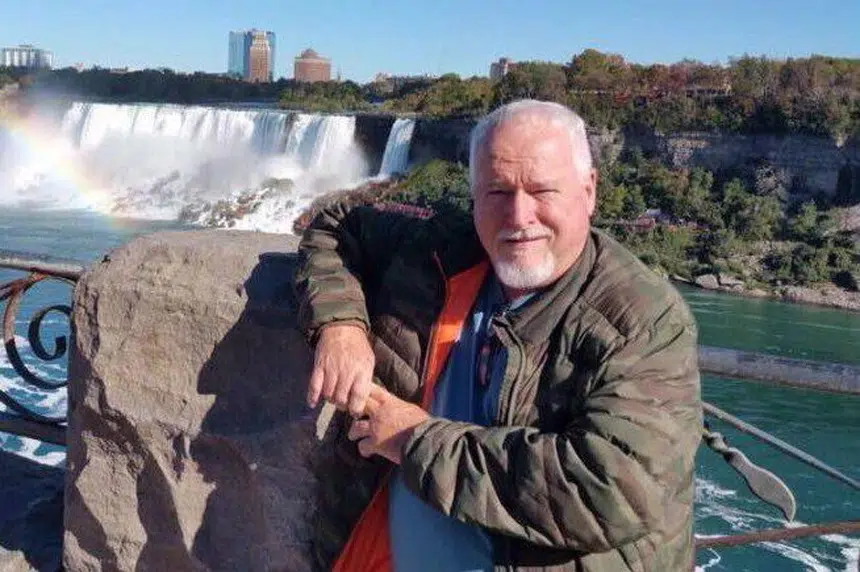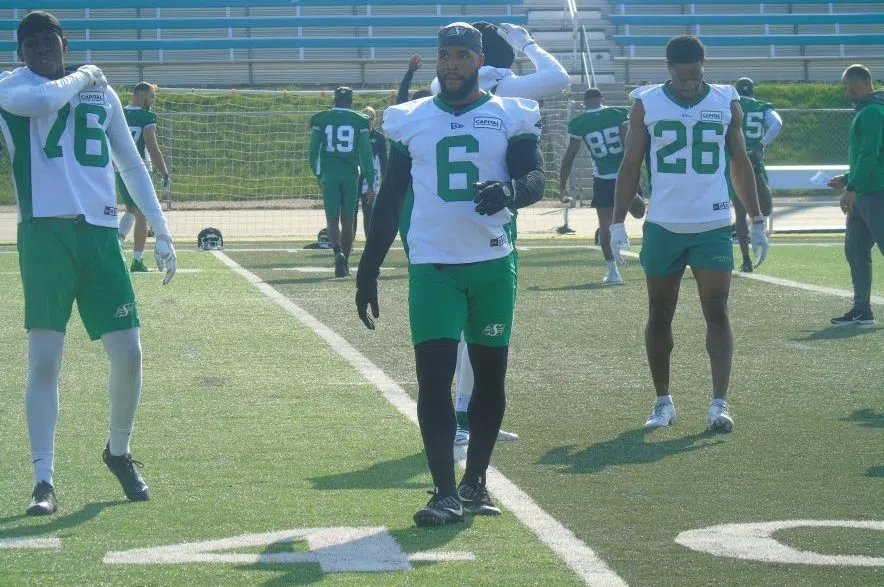TORONTO — A serial killer who preyed on men from Toronto’s gay village for years has pleaded guilty to eight counts of first-degree murder.
Bruce McArthur, who had been set to stand trial next year, entered the guilty plea during a hearing in a Toronto courtroom on Tuesday morning.
The 67-year-old self-employed landscaper was arrested in January 2018.
Police eventually charged him with first-degree murder in the deaths of Selim Esen, Andrew Kinsman, Majeed Kayhan, Dean Lisowick, Soroush Mahmudi, Skandaraj Navaratnam, Abdulbasir Faizi, and Kirushna Kanagaratnam.
The victims went missing from the gay village between 2010 and 2017.
Crown attorney Michael Cantlon told the court that McArthur planned each killing and dismembered his victims to avoid detection, burying their remains in planters and in a ravine.
McArthur also kept items that belonged to some of his victims, Cantlon said.
First-degree murder carries an automatic life sentence with no chance of parole for 25 years. A sentencing hearing for McArthur is scheduled for Feb. 4.
The LGBTQ community had long said someone was targeting men who were vanishing from the city’s gay village.
In November 2012, police launched Project Houston to investigate the disappearances of 42-year-old Faizi, 40-year-old Navaratnam and 58-year-old Kayhan. They closed the probe in April 2014 after being unable to identify a suspect in their disappearances.
In the summer of 2017, police launched a separate investigation known as Project Prism into the disappearances of 49-year-old Kinsman and 44-year-old Esen. Within months, McArthur came on the police radar, according to court documents.
On Jan. 17, 2018, investigators uncovered evidence alleging McArthur was responsible for both Kinsman and Esen’s deaths, along with the deaths of other unidentified people.
The next day, police arrested McArthur at his apartment and charged him with the murders of Kinsman and Esen. They brought cadaver dogs the following day to a property nearby where McArthur, a self-employed landscaper, stored his equipment, court documents said.
Over the next three months, investigators made several grisly discoveries at the residential property in midtown Toronto, eventually finding the dismembered remains of seven men in large planters.
The remains of an eighth man were found in a large compost pile in a ravine behind the home, police said.
Partway through their investigation, police also made the rare decision to release a heavily edited photograph of a dead man in a bid to identify him. A month later they said the man in the photograph was Kanagaratnam.
Lead investigator Insp. Hank Idsinga said the McArthur probe was the largest forensic examination in the force’s history.
Forensic officers spent four months scouring McArthur’s apartment— they seized 1,800 exhibits and snapped more than 18,000 photographs of the scene. They also searched more than 100 properties where McArthur worked across the Toronto area.
The force’s cold case squad is currently investigating a series of homicides in the 1970s related to men with ties to the gay village, but Idsinga has said they’ve found nothing to link those to McArthur.
The Canadian Press












